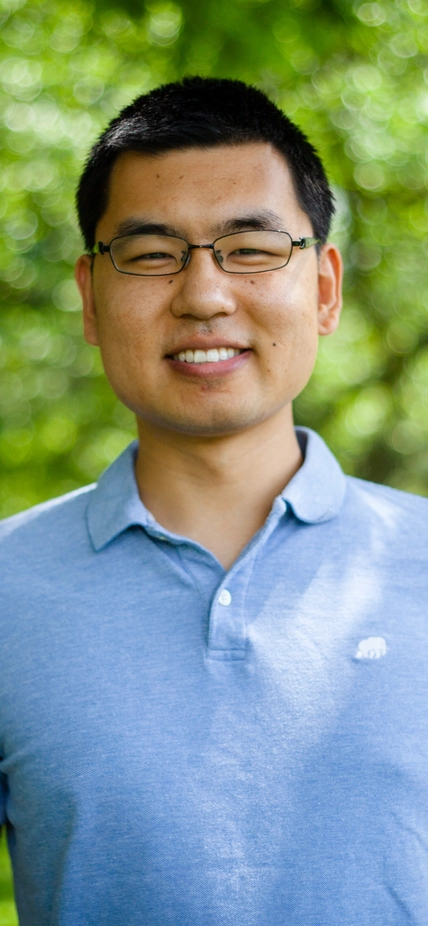Washington, DC— Carnegie’s Peter Gao is one of 19 researchers from across the U.S. and Canada who were awarded a $50,000 Scialog grant. The initiative was launched by the Research Corporation for Science Advancement, the Heising-Simons Foundation, the Kavli Foundation, and NASA to advance interdisciplinary research that will advance the search for life beyond Earth by deploying a basic science approach.
Together with Renyu Hu of the Jet Propulsion Laboratory and Chenguang Sun of the University of Texas at Austin, Gao will use a combination of modeling and observations to better understand how geologic processes happening in the interiors of exoplanets could be detected and understood from studying their atmospheres. Many experts think that dynamics occurring deep beneath a planet’s surface are fundamental for creating the conditions that could allow life to arise and thrive.
“Congratulations to Peter on his team’s winning Scialog proposal,” said Earth and Planets Laboratory Director Michael Walter. “This project demonstrates a classic Carnegie interdisciplinary approach to probing fundamental questions about planetary habitability.”
The Scialog program, short for “science + dialog” was created in 2010 by RCSA to support new research directions by stimulating intensive interdisciplinary conversations and community building around a globally important scientific theme. Teams of two or three fellows who have not previously collaborated compete for seed funding for novel research projects based on the ideas that emerge at a conference attended by all the program participants.
“Magic happens when people with different backgrounds, methodologies, and vocabularies work together,” said RCSA President & CEO Daniel Linzer. “With decades of science in front of them, early career scientists at Scialog build new networks of people to bounce ideas off of and open up new avenues of research to make that as rich an experience as possible.”
The Signatures of Life in the Universe fellows and facilitators gathered in Tucson, Arizona, in March of this year for the third, and final, meeting of this Scialog initiative. The group included 50 people from a range of disciplines, including physics, astronomy, geology, planetary science, chemistry, biology, and biochemistry. Over the three-years of the program, more than $3.3 million was awarded to winning teams.
